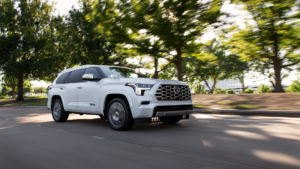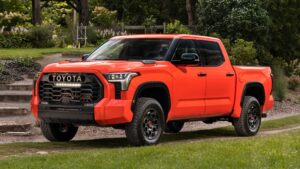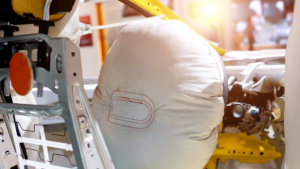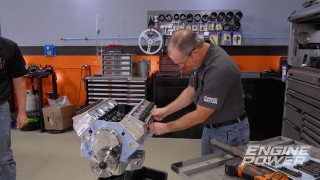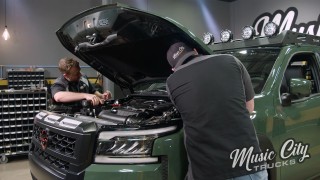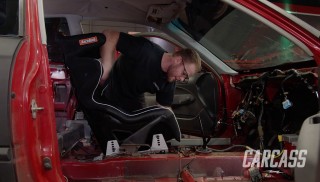Toyota and Tesla: These 2 Recent Recalls Highlight Industry-Wide Safety Measures
Toyota has issued a recent recall for 102,000 of its vehicles, including the latest-generation Toyota Tundra trucks and Lexus LX SUVs from the 2022 and 2023 model years. This recall addresses an issue caused by machining debris left in the engine during the manufacturing process, potentially leading to crankshaft main bearing failure. According to the National Highway Traffic Safety Administration (NHTSA), this debris can cause engine knocking, rough running, inability to start, or a loss of power while driving, increasing the risk of a crash, especially at higher speeds.
The recall specifically affects vehicles equipped with the V35A engine, a twin-turbocharged 3.4-liter V-6. Notably, this recall does not impact the hybrid powertrains offered with the Tundra. Toyota has assured owners that they are working on a solution and will notify affected vehicle owners by late July. In the meantime, owners can check the NHTSA recalls website to determine if their vehicle is affected.


Cybertruck Recent Recall Issues
This recall follows another significant recall by Tesla, which involved its highly anticipated Cybertruck. Tesla recalled several Cybertrucks due to issues with the accelerator pedal, which could potentially stick and lead to unintended acceleration—a serious safety hazard. This recall underlined that even the most innovative and technologically advanced vehicles are not immune to manufacturing defects.

Other Manufacturers with Recent Recalls
Other major manufacturers have also faced similar issues recently. For example, Honda recalled 249,000 cars due to potential engine problems, and Ram recalled 131,700 trucks because of a stalling problem. These incidents underscore the importance of rigorous safety standards and proactive measures in the automotive industry.
While recalls can be inconvenient for vehicle owners, they reflect the manufacturers’ commitment to safety and transparency. By addressing these issues proactively, companies like Toyota and Tesla help ensure that potential problems are alleviated before leading to serious incidents on the road. These measures are important in maintaining consumer trust and safety in an industry where even minor defects can have significant consequences.
